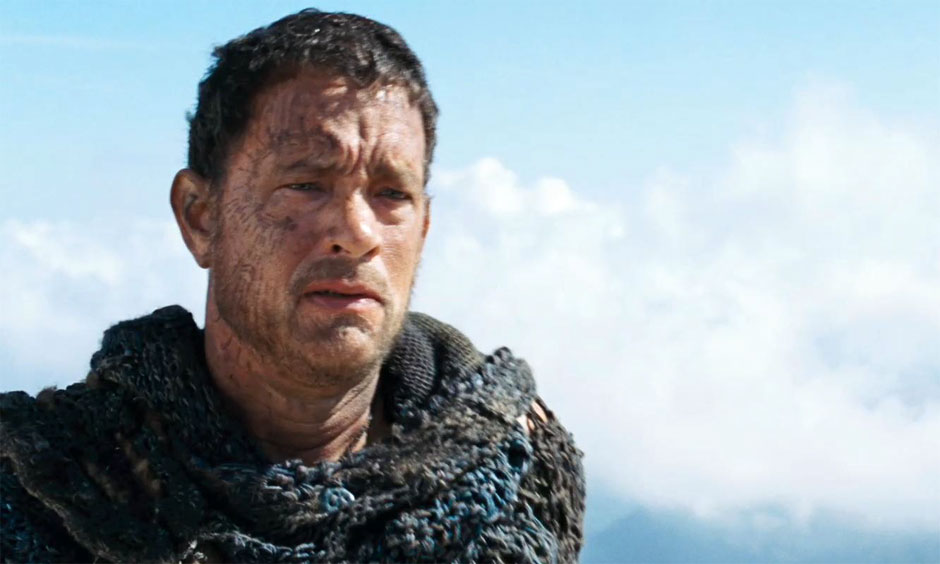
Not everyone shares the same taste. There’s always a contrarian somewhere. A seemingly universally beloved film might be loathed by someone, while an objectively terrible film, something that has been hacked to bits by studio executives, might garner an unbelievable amount of fans. It wouldn’t be any fun if everyone in the world had the same taste – except, of course, if they had the same taste as me, then the world would be so much better.
But every now and then, a film comes along that has both audience and critics ridiculously divided. In those cases, many of these films often begin to fall into the category of either ‘love it’ or ‘hate it.’ Most of the time, it’s because either the critic or audience member are distracted by some aspect of the film. Something is disgruntling them, something is taken them away from the experience, and in turn, the bigger picture is lost.
In this list, I want to look at 10 divisive films that deserve far more praise. I wanted to make an original list, looking at critically divided films from the majority of either critics or audience members. Some of these films might not have been as critically butchered as others, but I still put them in this list, just to give them the attention they deserve. I know a lot of these choices are going to controversial, so I’m sure the comment section is going to be loads of fun.
10. Hulk

Ang Lee’s spiritual take on the Hulk received lukewarm reviews from critics and was loathed by the general audience – its current Rotten Tomatoes score is a whopping 29 percent. I’m well aware of its reputation and that calling it a masterpiece might be taking it a bit too far. Yet
I do believe it’s a film that deserves a far better reputation and as a fan of the Hulk comics myself (especially the Peter David run), this is the closest we’ve ever come to a proper Hulk movie.
What most people don’t seem to understand about the Hulk is that his psychological arc – the intricate foundation of his rage that is the key to his troubling superpower – is as important as his ‘smashing.’ It’s about his internal struggle with the Hulk itself, as it is about his struggles with outlandish monsters from outside. Most people perceive the Hulk as a dumb simple character but as any true fan knows, the Hulk is one of the most psychologically complicated characters of the Marvel brand.
Ang Lee’s take on the Hulk is certainly not perfect. Its comic book style can be obnoxious and overbearing (the film is edited as if scenes are part of a literal comic book panel), the CGI has dated hilariously (watch out for the cartoon dogs), and the pace is uneven, to say the least. But it’s a film that respects and takes its main star seriously.
Unlike the derivative ”The Incredible Hulk,” which was only interested in the mindless monster action, Lee is really interested in delving into the psychological struggle of Bruce Banner and the hidden trauma that would eventually give rise to its hulking green manifestation.
Eric Bana gives a great performance as Banner alongside Nick Nolte as the film’s antagonist, credited as ‘Father.’ The film’s climax is unlike anything you will see in a comic book movie, where the fight between the hero and the villain takes place in the hero’s psyche and the victory becomes poignantly transcendental; it also works brilliantly alongside Danny Elfman’s score.
9. Spring Breakers
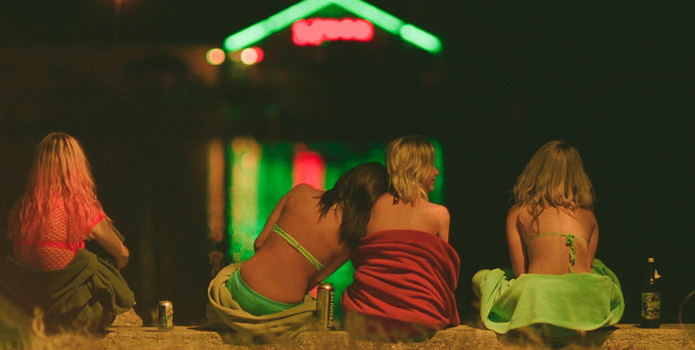
Jay Bauman from Red Letter Media said it best when it comes to filmmaker Harmony Korine: “A horrible fraud … He’s playing pretend avant-garde filmmaker but his movies always have these sequences and images that really stick with you…”
Nowhere is this more clear than with 2012’s “Spring Breakers,” a film that lies somewhere between meaningful satire and hollow style-over-substance film making. It was ranked at number 16 from the Metacritic list of critically most divisive films and was John Waters’ favorite film of that year – that basically says it all, doesn’t it?
Interestingly and perhaps most exemplary of its divisive repertoire is that it was both accused of being sexist, even reinforcing “rape culture,” while also being praised for its feminist quality. The reason for this confusion lies in Korine’s nonjudgmental storytelling.
The viewer is thrust into a world where women are objectified but at the same time, the women are independent and choose their own destiny. They are never manipulated into doing anything. They make their own decisions. We might not like what we are seeing and object to their values, but the film’s refusal to judge them is the film’s strength, not its weakness.
The film echoes the emotional highs and lows of the main characters’ hedonistic experiences while also portraying the sleazy aspects that come with it. This is most telling in the sequences where voiceover is used. The characters narrate about “finding themselves,” signifying some transcendental experience on Spring Break, while what we are actually seeing are just scenes of mindless hedonism, of excessive drug use and promiscuity.
Whichever way you stand, there’s no denying the mesmerizing quality of ”Spring Breakers.” Its gorgeous neon-drenched cinematography, its hazy dreamlike mood, and its strange melancholic intimacy alongside hilarious moments of excess makes this an unforgettable piece of cinema. It’s an experience, a film that depending one’s own maturity can make you either joyful, disgusted or sad.
8. The Counselor
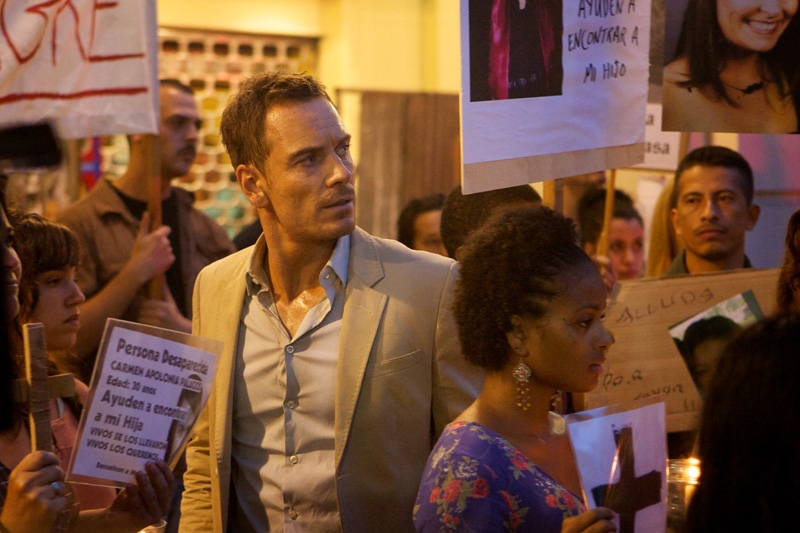
When literary genius Cormac McCarthy handed in his first original screenplay, you know it’s going to be something special – especially when it was going to be adapted by Ridley Scott. And something special it was, but in retrospect, it’s understandable why this film was so heavily misunderstood.
Perhaps it had something to do with its marketing, which made it seem like a sleek crime thriller. It’s likely that audience members expected something closer to ”No Country for Old Men,” which, despite its deeply unconventional ending, fulfilled more of its genre expectations.
Perhaps it’s the brutal and merciless nature of the film, the nihilistic feeling you’re left with at the end. Perhaps it’s the theatrical dialog, which veers from the cryptic, philosophical, and beautifully poetic. A star-studded cast and a big name director couldn’t have made this film any more commercial viable. The content is simply too dark and weird. And it’s all the better for it.
Michael Fassbender stars as ‘the Counselor,’ an affluent lawyer who recently got engaged to the innocent and perky Laura (Penelope Cruz). Despite his already incredible wealth, the recent purchase of an illustrious engagement ring from a particular philosophical diamond dealer (a wonderful Bruno Ganz) pushes the Counselor into crime. He assembles a drug deal together with his partner Reiner Reiner (Javier Bardem, who is most certainly the king of bad hair days) and Westray (a cowboy hat-donning Brad Pitt).
Unfortunately for all of them, Reiner’s girlfriend, Malina (Cameron Diaz) has her own plans and when she sabotages their deal through a particular ingenious case of decapitation, their worlds start to fall apart.
“The Counselor” is a film that gets increasingly better with each viewing. The more you watch it, the more illuminating the dialog becomes, and the more you start to appreciate McCarthy’s literary genius. As per usual, McCarthy takes a cold hard look at evil, and Malina is one of his many memorable manifestations. She might not equal The Judge or Anton Chigurh, but she is memorable nonetheless. Ruben Blades probably gives one of his greatest performances of his career, in his singular scene, as a cartel mob boss who urges the Counselor to accept his painful reality.
“The Counselor” was hailed as number 2 of the Metacritic’s list of critically divisive films and it’s easy to see why. Don’t let this fool you, however. It’s an absolute masterpiece that I’m sure will eventually receive the respect it so desperately deserves.
7. John Carpenter’s Prince of Darkness
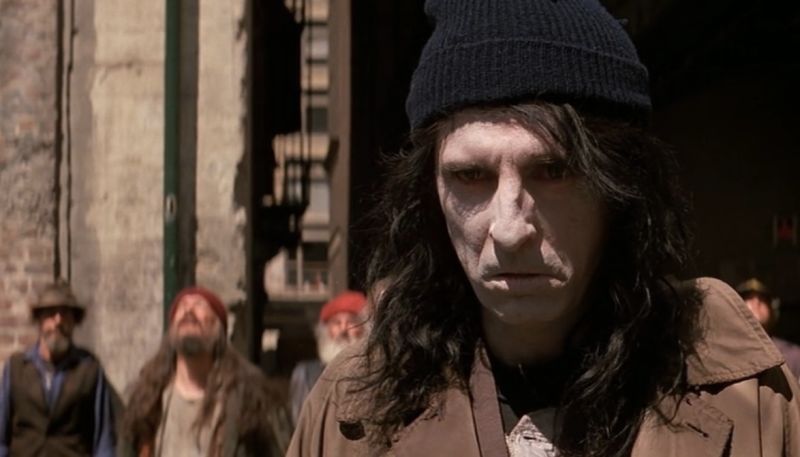
John Carpenter’s return to independent filmmaking after the commercial flop of ”Big Trouble in Little China” was, like most of his films, underappreciated at the time. Fortunately, like most of his hidden gems, “Prince of Darkness” has been getting more of the respect it deserves.
“Prince of Darkness” stars Donald Pleasence as Father Loomis (gee, I wonder how Carpenter came up with that name) who discovers a secret sect within his church that seemed to have been guarding an ancient cylinder hidden beneath a dilapidated church. Loomis acquires the intellectual aid of professor Birack (Victor Wong) and his students in order to discover the meaning and origin of this cylinder. As the title suggests, there are darker forces at play and soon enough, the fate of the human race rests in the hand of a handful of scientists and one conflicted priest.
The second of Carpenter’s apocalypse trilogy – starting with ”The Thing” and ending with ”In the Mouth of Madness” – ”Prince of Darkness” shows a filmmaker at the height of his game. It’s a film filled with interesting ideas, a horror film that relies on atmosphere rather than a series of jump scares. As per usual in a Carpenter film, the ending is simply kick-ass.
6. The Exorcist III
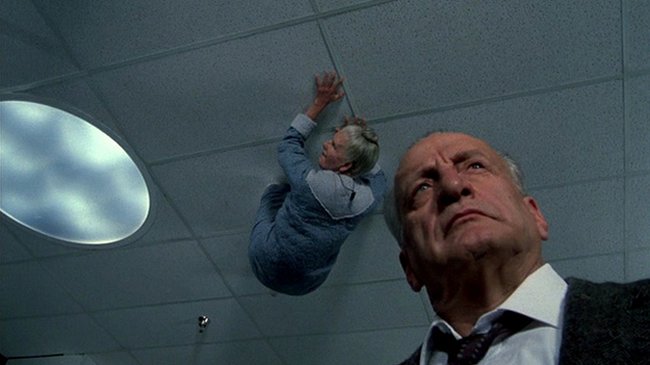
Thirteen years after the critical and much ridiculed ”Exorcist II: The Heretic,” the author of the original novel, William Peter Blatty, redeemed the franchise with ”The Exorcist III” – which was actually an adaptation of his own novel ”Legion” and makes no mention of the events of ”Exorcist II,” so you can easily ignore that film. In my opinion, it’s not only a great sequel and horror film, it’s a film that rivals the original, not just in scares but in filmmaking and theological thought.
Just like the original, the film deals with the loss of faith and its necessary return after facing supernatural evils. Detective Kinderman (George C. Scott), a supporting character in the original film, takes center stage this time, as he’s investigating a series of brutal murders that seem to have all the hallmarks of a serial killer known as The Gemini who was executed 17 years ago.
His investigation leads him to a mysterious psychiatric patient (a wonderfully unhinged Brad Dourif) who, from time to time, reminds Kinderman of his former deceased friend, Father Karras (Jason Miller), the priest who sacrificed himself at the end of the first film.
Unlike the original, which relies a lot on shock horror, particularly in the scenes of gruesome self-mutilation with Regan, the horror of “The Exorcist III” lies mostly in its atmosphere accompanied by haunting images – and probably one of the greatest jump scares in cinema history.
There is also the necessary humanity and humor, particularly in the character banter between Kinderman and Father Dyer (Ed Flanders). It’s unbelievable that ”The Exorcist III” was William Peter Blatty’s second and final film, as it feels like the work of a confident craftsman. Despite the studio interferences regarding the action-packed ending, it does give the film the necessary send-off, though with the release of the work print on Blu-ray recently, it’s interesting to compare both versions.